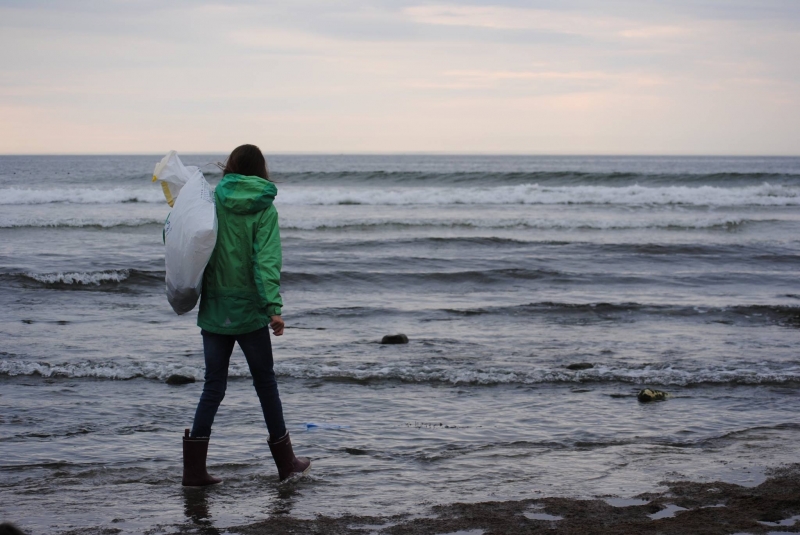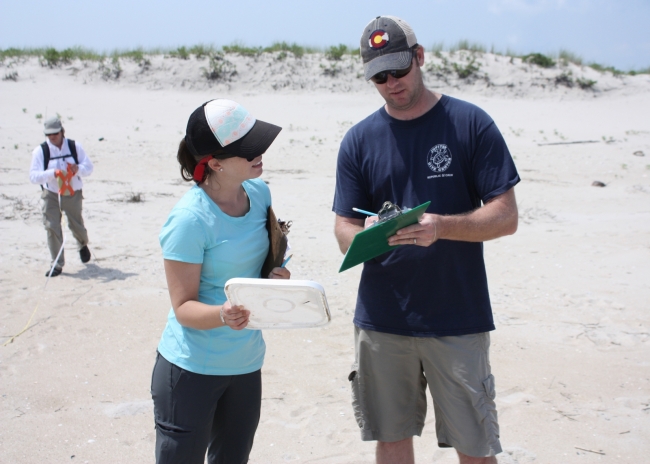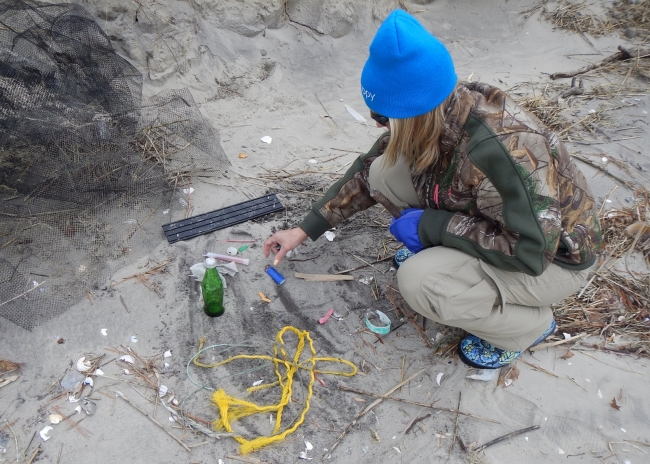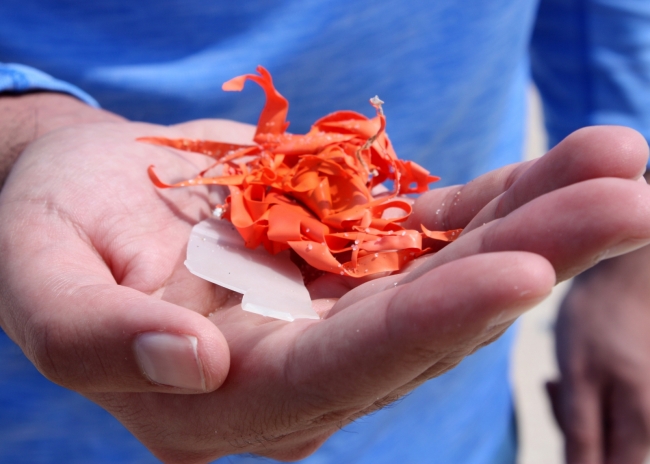One of the best things about citizen science is the opportunity to get involved with your local community while making a difference on a broad scale. There are so many impactful projects you can take part in as a citizen scientist, whether you are looking for a long-term commitment to keep a local shoreline clean or want to make a positive impact when doing things you love. Check out these ways to get started.
Monitoring in Action
The Marine Debris Monitoring and Assessment Project (MDMAP) is the heart of the NOAA Marine Debris Program’s citizen science effort. Data from MDMAP have informed prevention projects, scientific research papers, and educational efforts for more than 10 years. Volunteers from around the world contribute observations made through a standardized measurement process to better understand the problem of marine debris. If you’re interested in getting involved in MDMAP monitoring, check out our Get Started Toolbox to dive in.
If starting your own site and committing to regular surveys sounds like too much, one easy way to take part in MDMAP is to support a local group’s efforts. Some of our nation’s Marine Sanctuaries and a variety of nongovernmental organizations have hosted opportunities to participate in monitoring. Contact md.monitoring@noaa.gov to find out if there’s an active MDMAP site in your region, or explore nongovernmental organizations near you for more ways to combine local stewardship with citizen science.
Track Marine Debris on the Go
The Marine Debris Tracker App, originally developed as a joint initiative between the University of Georgia and the NOAA Marine Debris Program, allows you to help make a difference by checking in when you find trash along our coastlines and waterways. With the app, you can help scientists track the problem of marine debris around the world and contribute open data that researchers can use for research and planning. By using the app during a cleanup, the debris you collect and remove will join a dataset of over 3 million items tracked by users worldwide!
To get started, simply download the app to your smartphone or mobile device, connect it to your GPS location service, and start tracking! If you feel safe doing so, you can collect and properly dispose of the debris along the way. You can also coordinate with organizations to tackle common debris types in your area using the Tracker App’s extensive list of participating groups. Not sure where to start? NOAA’s Ocean Today has created a video to inspire your own trash trip.

Citizen Science Adventures
Whether you’re lounging on the beach, paddling through your watershed, or even a member of your local diving community, there’s a citizen science project for you. Many organizations around the country offer opportunities to get involved in citizen science during everyday activities like diving, kayaking, or beachcombing. Reach out to a group near you to explore more ways to help while doing what you love.
If you’re still looking for new ways to support citizen science at home or out and about, you can also explore dozens of other NOAA citizen science projects.




What is being done to alert the public about the URGENCY to keep our waterways clean and free of litter? I never see/hear PSAs about the possible contamination of municipal water facilities because of polluted canals, creeks, and rivers which spill into the facilities and which will then affect our drinking water, water we bathe in, cook in, etc. And what is being done to hold accountable those who litter water coasts? Why aren't laws on the books enforced? Can the public help with compliance?